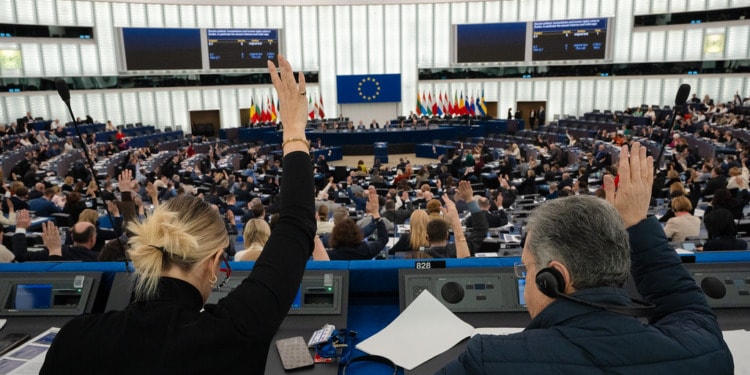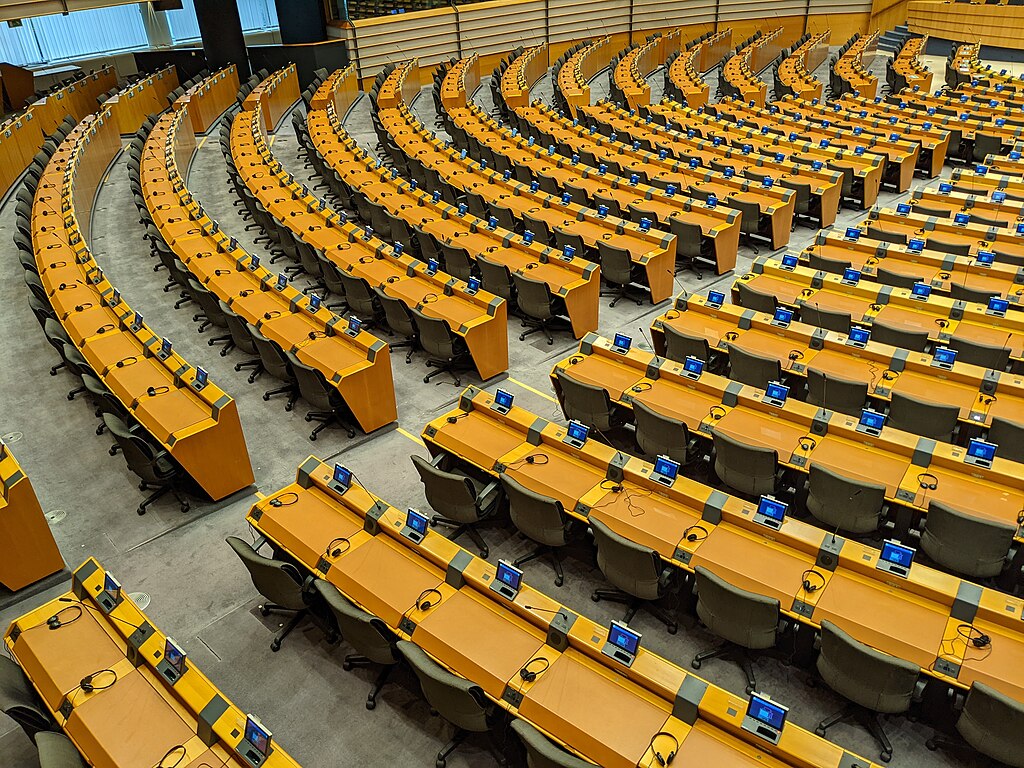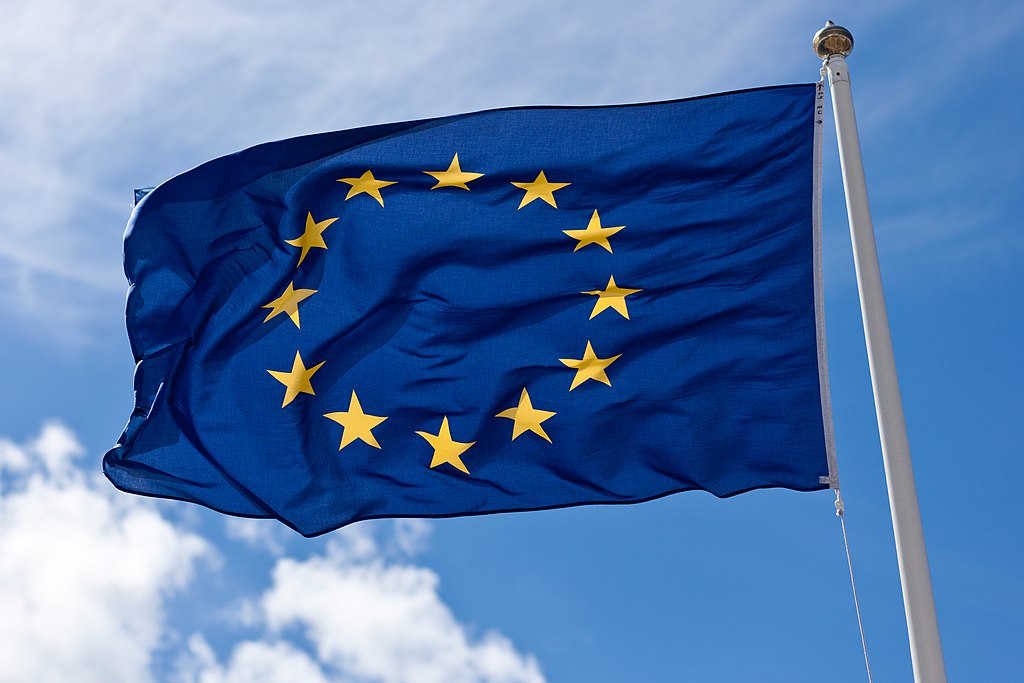On March 26, 2025, the EU Council agreed on the “stop-the-clock” mechanism proposed by the EU Commission in the Omnibus package that was released by the EU Commission in February. The political motivation is clear, as Adam Szłapka, Minister for the European Union of Poland, said: “Simplification is one of the priorities of the Polish presidency. Today’s agreement is a first step on our decisive path to cut red tape and make the EU more competitive.”
The EU Parliament still needs to approve the Omnibus package and it appears to be set to vote on the “stop-the-clock” proposal as soon as April 1st. Negotiations on the “contents” of the omnibus package will then follow. The aim of the Polish council presidency is to reach a final consensus on the content proposal before Denmark takes over the presidency in August. But there are reported divisions within the Parliament regarding the extent of the proposed changes.
The point about “stop-the-clock” proposal of the EU Commission: It is seen as crucial for providing businesses with clarity and preventing them from investing resources in reporting that may soon become obsolete. This argument emphasizes the need for a stable regulatory environment.
Critics argue that the delays and reduced scope of the regulations undermine the EU’s commitment to sustainability and climate action. They express concern that watering down the requirements will hinder progress towards achieving environmental and social goals.
- Compromising Transparency and Accountability: Concerns exist that reducing the reporting obligations will diminish transparency and accountability, making it harder to track companies’ sustainability performance. Critics say that reducing the scope of the CSDDD, for example, by only requiring companies to look at direct suppliers, severely limits the ability to hold companies accountable for their whole supply chain.
- Impact on Investment: There are concerns that reduced transparency could negatively impact sustainable investment, as investors rely on reliable sustainability data to make informed decisions. There is also concern that reducing the scope of the CSRD, will reduce the amount of capital that will be available for companies making a transition to more sustainable business practices.
- Erosion of Civil Liability: There is strong opposition to the removal of EU civil liability considerations from the CSDDD. Many argue that this removal, reduces the ability to hold companies accountable for damages caused.
Right-wing parties tend to favor greater deregulation and a focus on reducing the burden on businesses. Left-leaning parties and environmental groups prioritize maintaining strong sustainability standards and accountability.
Therefore, the debate in Parliament is likely to center on finding a balance between those MPs supporting businesses and those upholding the EU’s environmental and social commitments: This political division however is not in line with actual consumer demands for “green” products and the experience of businesses, including SMEs who are facing consumers, investors and suppliers who would prefer to see them lighten their carbon footprint.
So, at this point in time, it is hard to predict which way it will go.
If approved as the EU Commission hopes – the von der Leyen team has opted for a pro-business approach, following the advice of the 2024 Draghi report on European competitiveness advising regulation simplification and cuts in red tape – the revised regulations would thus result in delaying the starting date of EU Sustainability Reporting requirements by two years for some 80% of EU companies, mostly all SMEs that have not yet started sustainability reporting. Only companies with more than 1,000 employees and/or revenue greater than €50 million net turnover will need to report.
Editor’s Note: The opinions expressed here by the authors are their own, not those of impakter.com — Cover Photo Credit: © European Union 2025 / EP / CC-BY-4.0







